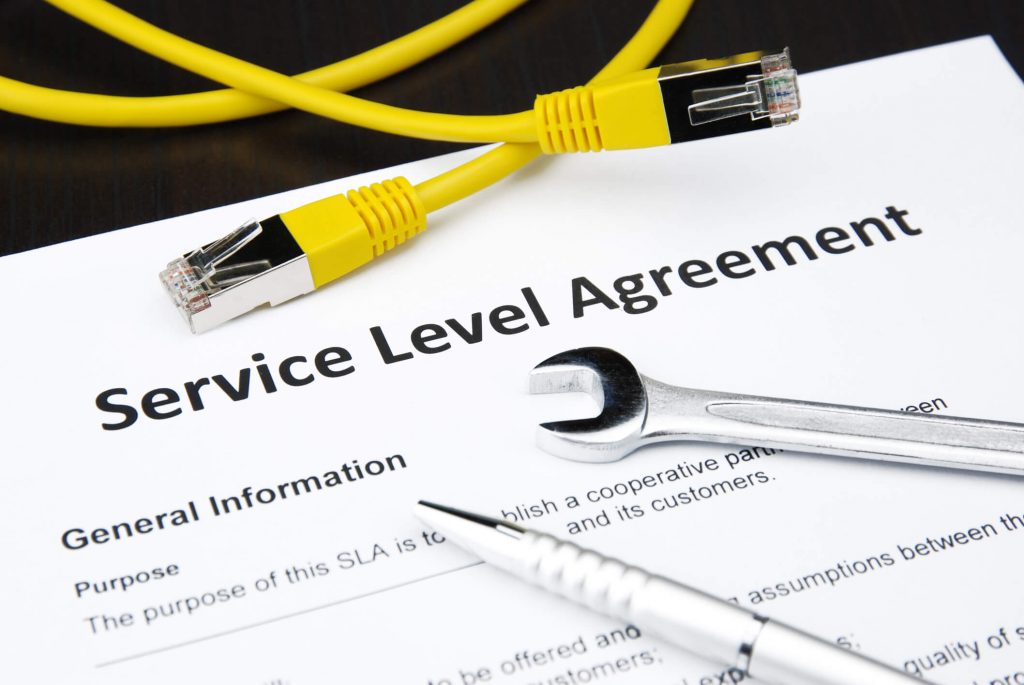Things to Consider Before Signing a Commercial Lease in The UK
For businesses who are looking to move premises or rent a property for the first time in the UK, signing a commercial lease is not something to enter into lightly.
Renting any type of commercial premises is a big step to take, especially for relatively new, fast-growing businesses that have yet to see dips in profits.
Although expanding into larger or more suitable premises is often necessary, it can still be highly risky. There are lots to consider before a business signs the paperwork.

What To Consider Before Signing a Commercial Lease
While it makes sense to employ the services of a commercial property agent, it is equally important to conduct due diligence as a company as well. Below is a non-exhaustive list of some key things to think about before signing a commercial lease.
Company Budget
Commercial leasing is more complex than renting a residential property. But similarly to renting a home, it is important to check if the company can afford the rental payments, plus ongoing service charges and utility bills. Remember: it is not only the cost of the rental, there may be other payments to consider, such as maintenance fees, business rates, and insurance (to name a few).
Zoning Laws
In many areas of the UK, certain laws exist that enable companies to benefit from reduced costs. Such examples include Enterprise Zones, Local Enterprise Partnerships, and Structures and Building Allowances. Check with the local authority before signing to see if the company can take advantage of these incentives.
Termination Clauses
It is important to read through any potential agreement thoroughly to see if the company can terminate the lease early if required. This can be helpful if the business suddenly performs worse than originally anticipated. Having the option to terminate the lease can be the difference between staying afloat and liquidation.
Security Of Tenure
Some commercial leasing contracts include security of tenure. This means that a company renting the property has the right to renew the lease at the end of the agreement. Security of tenure is useful in preventing landlords from instantly offering the rental to another company. Always seek legal advice to ensure this is included in the agreement.
Structural Alterations
Is my company permitted to make any structural alterations to the premises? This should be clarified before signing any agreement. It may be that only minor internal alterations are permitted. And in some cases, there could be a requirement to remove these at the end of the lease. Property consultants and legal experts can help establish what structural alterations are allowed.
Scope Of The Lease
Establishing exactly what the scope of the lease entails is vital. Some rentals simply involve leasing working space within a building, while others may require responsibility for more, such as the surrounding land. Consult the services of a professional commercial property agent to pinpoint exactly what the scope is.
Location Of Competitors
The location of rival firms is often overlooked when companies seek to sign a commercial lease. Yet it is very important to consider. What if a competitor can open up nearby or even next door? Would the business be able to sustain its profits and remain competitive? These are all valid points to think about before signing.
If you would like to find out more about commercial leases and contracts then get in touch with us at Budworth Hardcastle and see how we can support your commercial property needs. Contact us via our contact form or call 01604 604 070.












